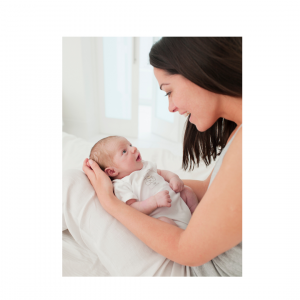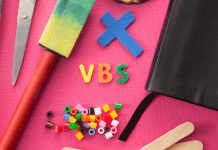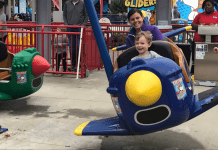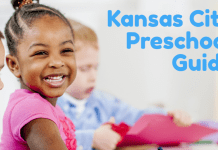When I was in graduate school, I was told babies are born knowing all the sounds of all the languages in the world. Infants can learn any language they’re exposed to. Gradually, babies figure out which sounds they are hearing the most. Learning to talk, then, is a process of eliminating unneeded sounds and then combining the remaining sounds into words and phrases. All of this means baby talk is important conversation.

Scientists tell us that at birth babies are able to distinguish between 600 consonant sounds and 200 vowel sounds. At 6 months, babies begin to lose the ability identify slight differences between sounds if the differences aren’t important in the languages they hear regularly. This process, called perceptual narrowing, makes it hard for us to learn a new language as adults!
Other studies found we are born with basic, foundational knowledge about the sound pattern of human languages. Northeastern University Professor Iris Berent tells us “…the sound patterns of human languages are the product of an inborn biological instinct, very much like birdsong.”
What does this mean for us as moms? How can we encourage our littles to hold on their instinctive understanding of connection?
Words. Talk to your babies, even before they are born. While there is value found in educational TV and videos, nothing can replace the “conversations” between babies and their caregivers.
All the words. If you have more than one language in your family, talk with our baby in all of them! This “bilingual advantage” leads to better executive function skills and even offers protection against the cognitive declines of aging.
Note from my experience working in schools: You may meet people, even teachers, who will advise you to give your little one only one language and, of course, it should be English. Don’t believe them!
Their words. Pay attention to and imitate the language sounds your littles make. This builds the bond between you and your baby. And it sets the stage for conversations with your kids as they grow. Deep talks with teenagers don’t magically begin when your kid turns 13!
Curious or comical words. Our language is enriched when we are exposed to the funny and charming ways people express themselves. Pepper your language with the expressions you heard growing up. These words and phrases are a connection to your history and heritage.
Written words. Books are a wonderful way to bring rich language and experience to your kids. Be intentional in your reading choices. Look for books that features diverse characters and voices.
Timely words. While we know that humans learn language much more easily as infants and young children, we can always learn new and better ways of communicating. No matter how old your kids are—or how old you are—we can expand our thinking and our understanding.
Kind words. Kids learn more than vocabulary from the words they hear us say. They are tuned in to us so closely and absorb our attitudes and biases. Use your words, spoken and unspoken, to value all people and all families.
I love so much the idea that all the babies are born with the capacity to communicate with each other. I have heart eyes thinking we are born with the inclination to connect with others through shared human language sounds. Words matter, even when it’s may seem like only baby talk.
















